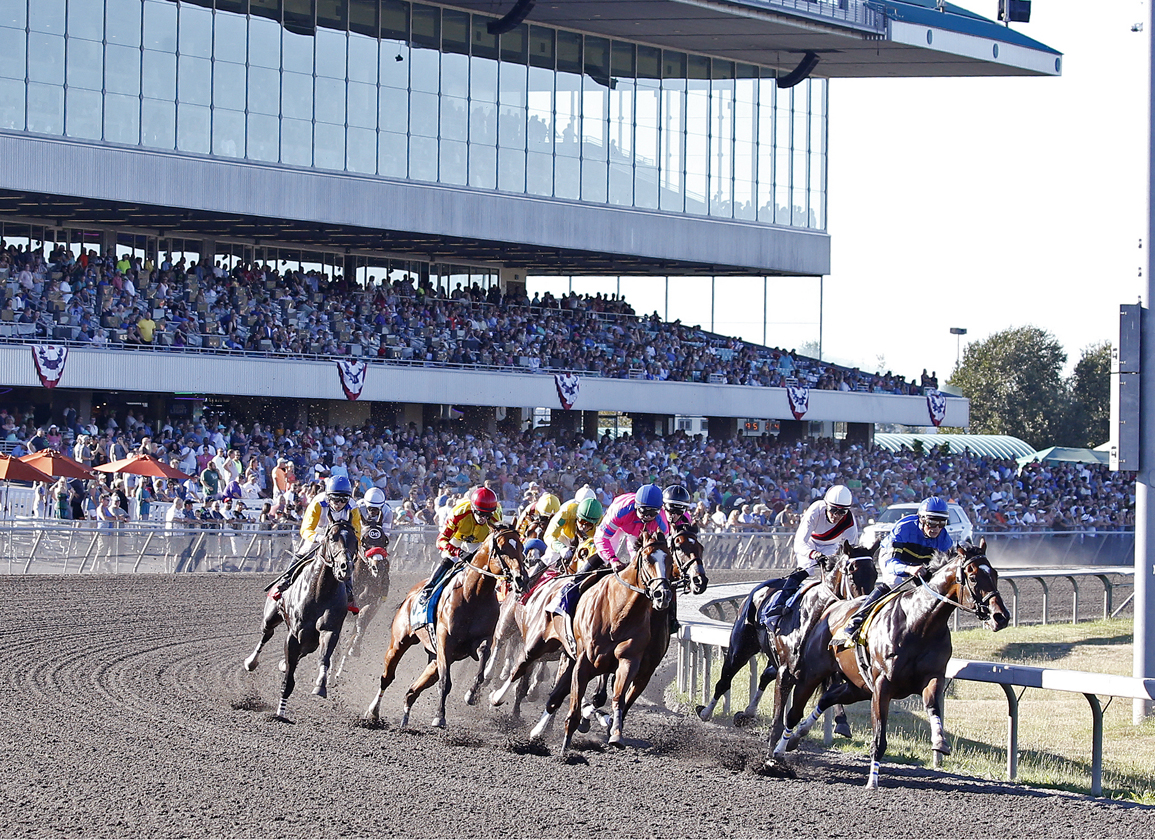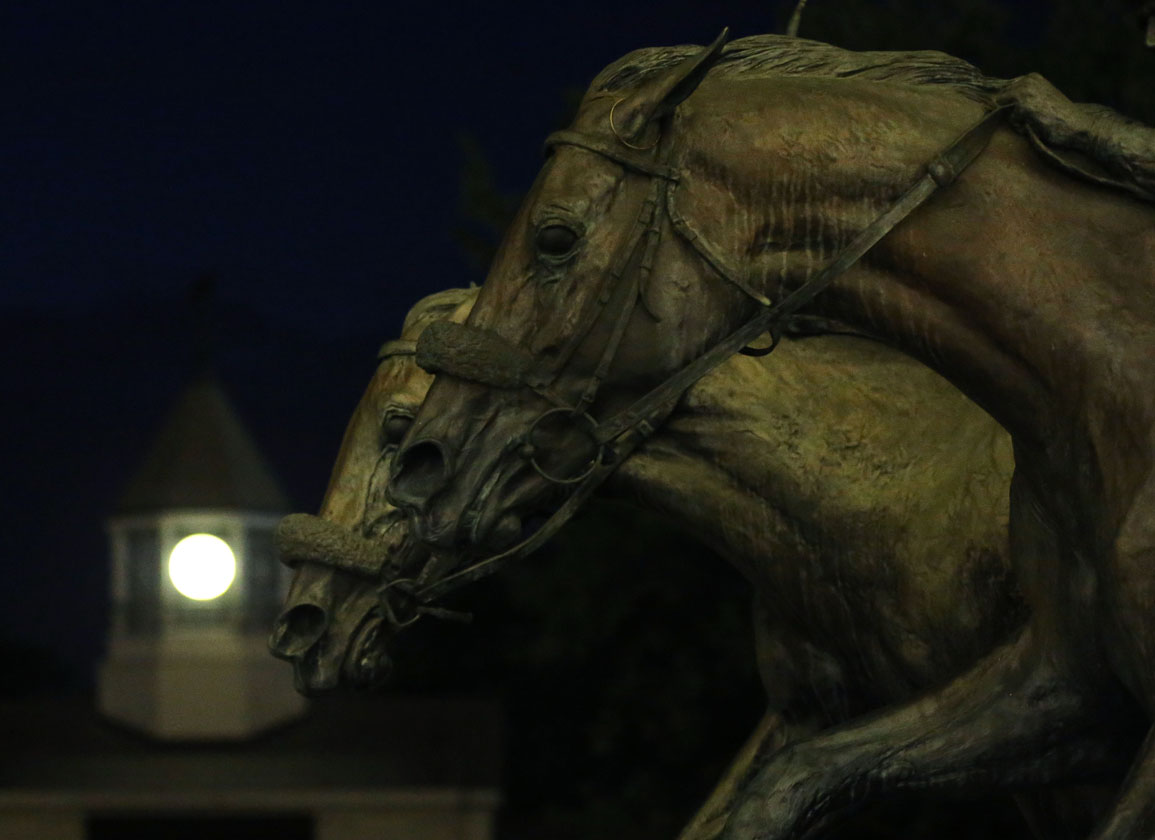Churchill Downs Incorporated announced on Wednesday that it has signed a purchase and sale agreement with the Chicago Bears of the National Football League to sell Arlington Park racecourse, a 326-acre property in Arlington Heights, Ill., for $197.2 million.
The closing of the sale of the property is subject to the satisfaction of various closing conditions. CDI anticipates closing the sale of the property in late 2022/early 2023. CDI said it is planning to use the proceeds of the sale to “purchase or invest in replacement property that qualifies as an Internal Revenue Code §1031 transaction.”
The purchase agreement was first reported Tuesday night by theathletic.com.
“We are excited to have executed a Purchase and Sale Agreement (PSA) for the Arlington Park property,” said Bears President and CEO Ted Phillips. “We are grateful to Churchill Downs Incorporated for their efforts to reach this point. We also appreciate the support of Mayor Tom Hayes and the Village of Arlington Heights. Finalizing the PSA was the critical next step in continuing our exploration of the property and its potential. Much work remains to be completed, including working closely with the Village of Arlington Heights and surrounding communities, before we can close on this transaction. Our goal is to chart a path forward that allows our team to thrive on the field, Chicagoland to prosper from this endeavor, and the Bears organization to be ensured a strong future. We will never stop working toward delivering Bears fans the very best experience. We will continue to provide updates on our progress at the appropriate time.”
“This has been an extraordinarily competitive bid process,” said Churchill Downs Incorporated CEO Bill Carstanjen. “Congratulations to the Chicago Bears for their professionalism and perseverance. It is clear they are committed to an exciting vision for their team and their fans. We wish them the greatest success and are excited for the opportunity this brings to the Village of Arlington Heights and the future economic development of this unique property.”
“I could not be more excited about the news that the Chicago Bears have signed a Purchase and Sale Agreement to buy the Arlington Park property in our community,” said Arlington Heights Mayor Tom Hayes. “My goal for any redevelopment has always been to put this prime piece of real estate to its highest and best use, and I can't think of a higher and better use than this one. There is a long way to go as we begin this journey, and many issues for the community to discuss, but the Village is committed to working with the Bears organization and all stakeholders to explore this opportunity for Arlington Heights and the northwest suburban region.”
The Bears, owned by the McCaskey family, whose net worth is estimated by Forbes to be $1.3 billion, will likely seek public funding for a new stadium. The NFL's newest stadiums, Allegiant Stadium in Las Vegas, Nev., and SoFi Stadium in Inglewood, Calif., cost $1.9 billion and $5.5 billion respectively. Illinois taxpayers are still paying for renovations to Chicago's Soldier Field, where the Bears have played since 1971 and have a lease with the Chicago Park District through 2033.
Chicago Mayor Lori Lightfoot said in a Tweet on Tuesday night she is committed to working with the Bears to keep the team at Soldier Field.
My statement still stands on the Bears: my admin remains committed to continuing the work to keep the team in Chicago.
As I have said numerous times, our door in City Hall remains open. https://t.co/7pm7mLtCOc
— Mayor Lori E. Lightfoot (@chicagosmayor) September 29, 2021
The agreement to sell the property is a devastating blow to the Illinois horse racing industry, where Arlington Park has been the flagship track for nearly a century. After working with horsemen in the state capitol in Springfield for years to seek casinos at racetracks, Churchill Downs Inc. officials stunned horsemen by saying it would not seek a casino license at Arlington after lawmakers in 2019 approved legislation that would have permitted casinos at all state tracks.
With Arlington not seeking 2022 racing dates during a bidding process that included at least one group determined to keep racing alive at the track, all racing – both Thoroughbreds and Standardbreds – in the Chicago area will shift to Hawthorne, which is constructing an on-site casino. Racing dates for 2022 at Hawthorne were announced last week.
The post Chicago Bears Sign Agreement To Buy Arlington Park For New Stadium appeared first on Horse Racing News | Paulick Report.




